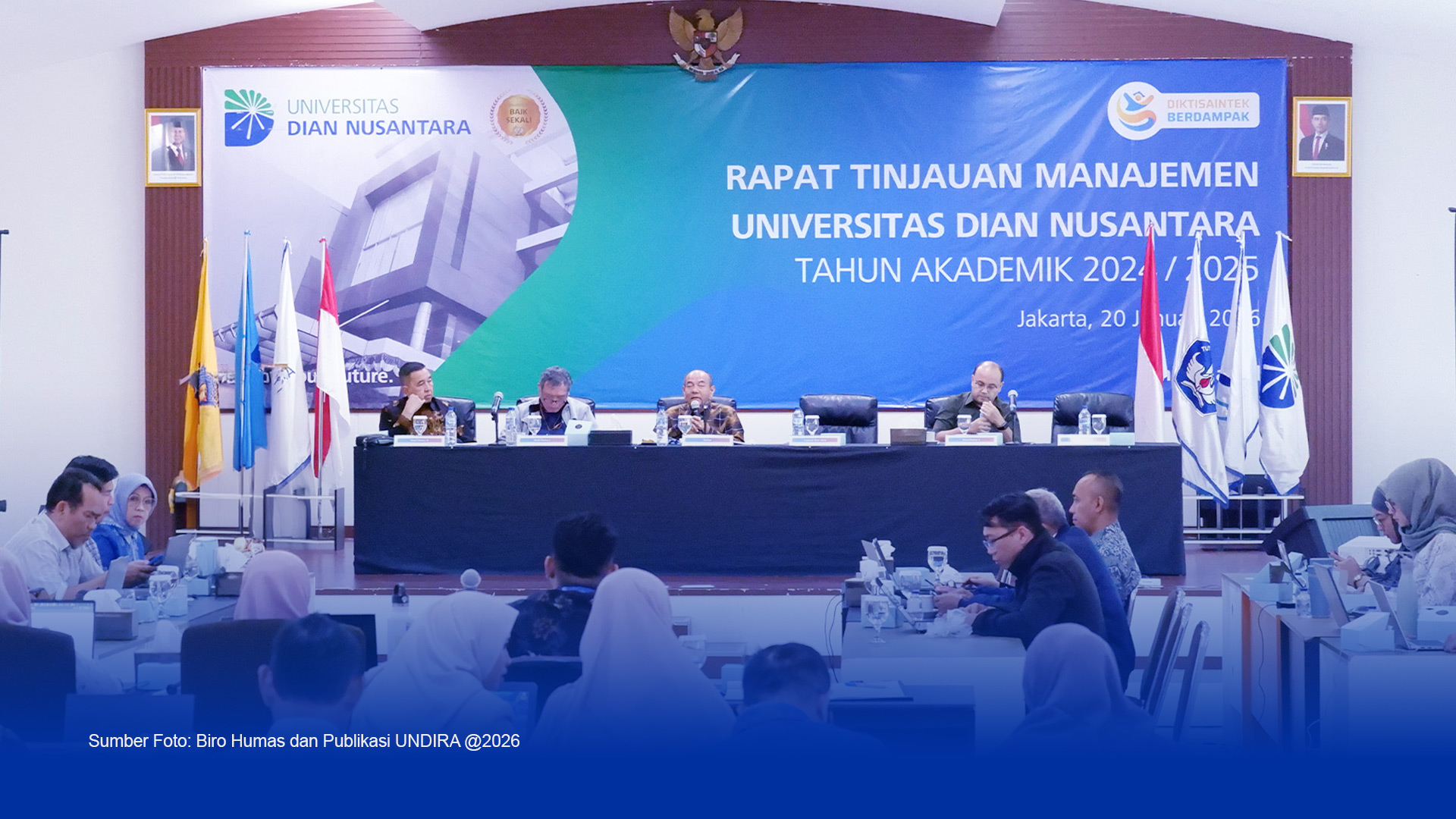Learning is No Longer Boring: UNDIRA Lecturers Introduce a Breakthrough in Elementary Education with a Video Game

In the pursuit of knowledge, various methods are employed to enhance learning and information retention. The advancement of Information Technology infrastructure has ushered us into an era of digitalization, streamlining the archival and distribution of knowledge. Furthermore, the Internet of Things (IoT), which enables seamless communication between devices, now allows every individual to access data in real-time, anytime and anywhere.
However, the advancement of technology and the IoT presents a significant challenge: the decline in literacy retention rates. This phenomenon is driven by several factors, including a waning interest in reading, a culture of instant gratification, and a diminished ability to maintain focus for extended periods, particularly among the younger generation.
This aligns with the view of Lestari, DP, and Wardhani (2004), who noted that a key challenge of the digital era is technological innovation that transforms how students learn, shifting them from printed books to digital formats.
In response to this challenge, the education sector is adapting by leveraging technology—particularly in interactive education—as a solution. One increasingly popular approach is integrating interactive elements into the learning process. A prime example of harnessing the digital industry to enhance education is the video game.
Video games, as we know them, have evolved beyond being mere digital entertainment for children. The industry now spans various sectors, allowing players to do everything from creating designs to practicing programming. Moreover, people of all demographics are engaging with games to train their reflexes, sharpen memory and problem-solving skills, and even practice resource management.
Examples of this can be seen in games such as Minecraft, Roblox, Monster Hunter, Resident Evil, and Final Fantasy—all of which have optimally applied learning principles across various fields, from management to mathematics and programming.
Moreover, Melati and Fayota (2023) stated that video games have a significant capacity to boost student motivation by providing enjoyable learning modules.
Responding to the potential of video games as an effective learning medium, lecturers from the Informatics Engineering Department at Dian Nusantara University (UNDIRA) conducted a Community Service Program (PkM) at Vianney Elementary School in West Jakarta.
Motivated by the relevance of careers and professions as a core subject for elementary students, the UNDIRA PkM team collaborated with the teaching staff at Vianney to create a simple game titled ‘Profession Introduction Educational Game.’ The game is designed to introduce various careers in an interactive manner.
Although the version of the game was a prototype, trials conducted with students at Vianney Elementary School yielded overwhelmingly positive responses. The students not only showed high enthusiasm for the platform but also demonstrated an improved understanding of the learning material presented through the video game. The game's easy-to-navigate User Interface contributed to both its accessibility and a high engagement rate (retention and focus) among the students. It is hoped that this provides a clearer picture of potential professions that could become the future aspirations of Vianney's students.
Thus, the Community Service Program and innovation from UNDIRA's Informatics Engineering Department show that technological advancement can go hand-in-hand with education. Once again, the department proves that technology is not rigid or limited to mere data and numbers; it is also an excellent tool for innovation, helping to shape a future that is safe, flexible, accurate, and interactive.
Source of Reference:
(Danang Respati Wicaksono / Humas UNDIRA)
Press Contact :
Biro Humas & Sekretariat Universitas Dian Nusantara
Facebook : www.facebook.com/undiraofficial
Instagram : www.instagram.com/undiraofficial
Twitter : www.twitter.com/undiraofficial
www.undira.ac.id
Other
.jpg)
UNDIRA Student Examines Interpersonal Communication Patterns in the Mobile Legends Online Game Community
Read more.jpg)
Becoming a Professional: Self-Improvement in the Workplace
Read more
UNDIRA Reaffirms Commitment to Quality Assurance Through Management Review Meeting for Academic Year 2024/2025
Read more
Campus Tanjung Duren
Jln. Tanjung Duren Barat II No. 1
Grogol, Jakarta Barat. 11470
Campus Green Ville
JIn. Mangga XIV No. 3
Campus Cibubur
Jln. Rawa Dolar 65
Jatiranggon Kec. Jatisampurna, Bekasi. 17432







